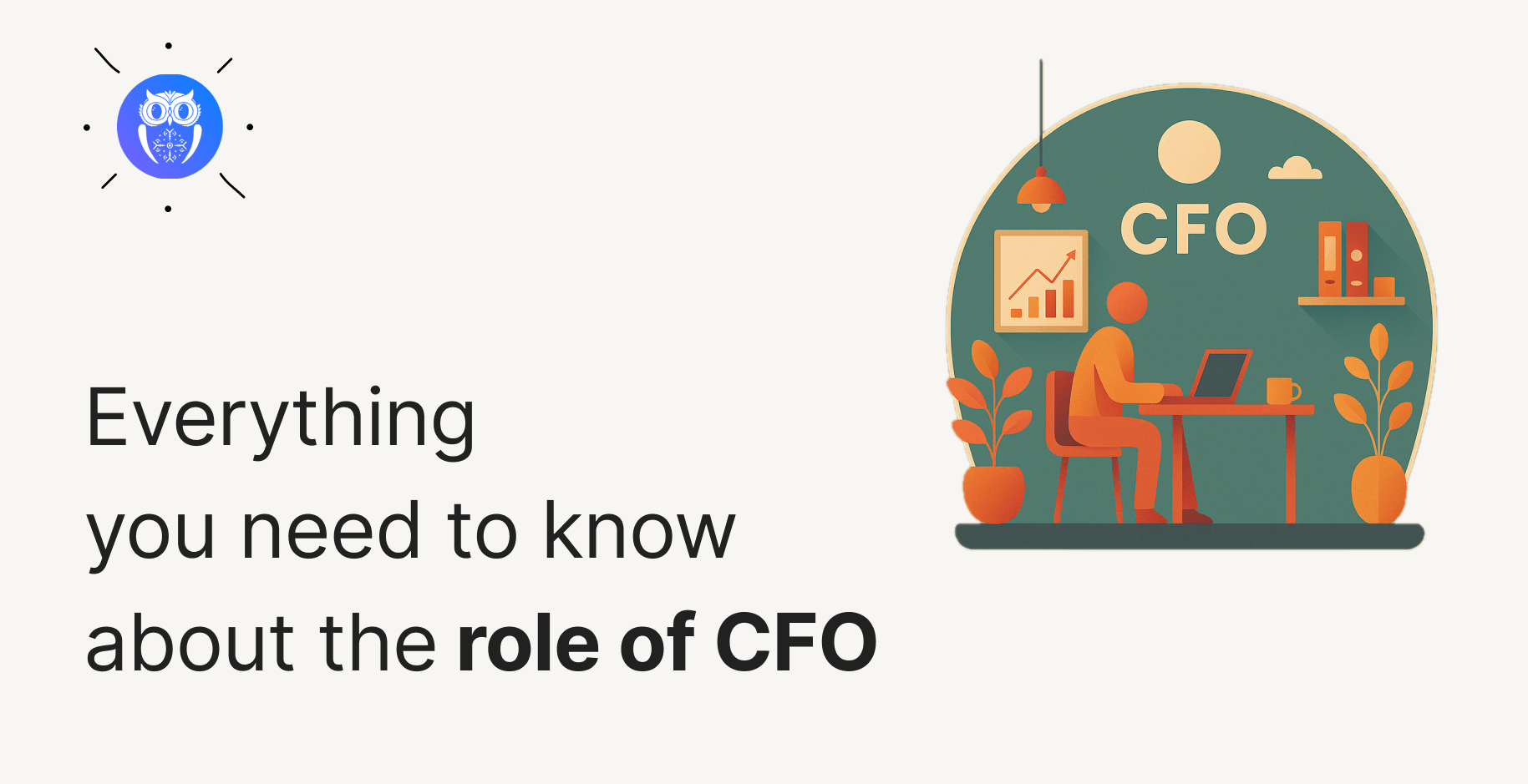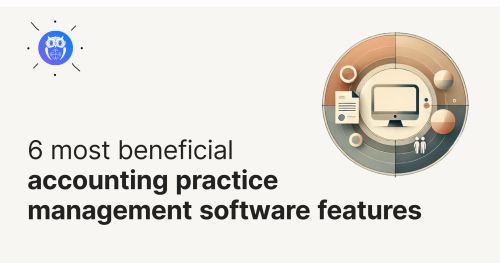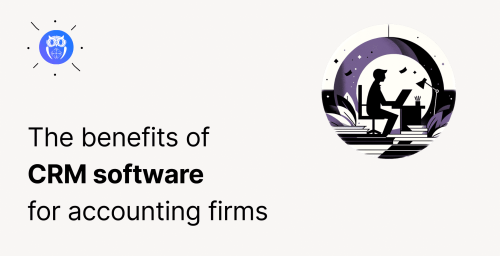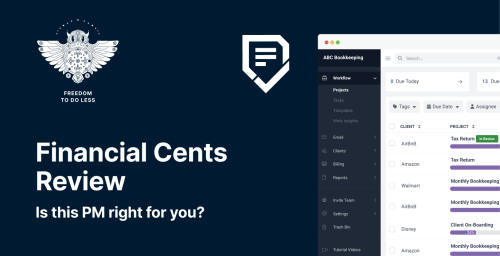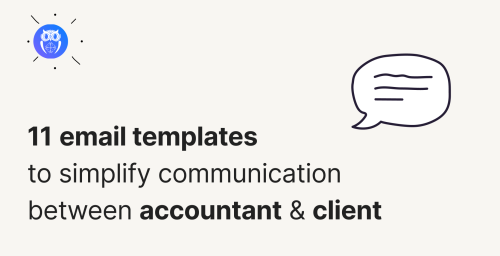What’s the meaning of a CFO? Have you ever had clients whose finances are becoming too complicated to manage easily? Maybe you’ve thought, “Should this client have a CFO?”
The meaning of CFO
Bookkeepers record everyday transactions, like paying bills or receiving payments. Accountants review these records to prepare taxes and financial reports. However, CFOs use this information to plan for the future.
For example, an accountant might help a business owner see how much profit they made last year with simple business analytics. A CFO takes that information and decides how the company can use this profit to grow next year.
How do I tell if my accounting clients need a CFO?
Accounting firms often meet clients when they’re at important turning points. Maybe your client’s small business grows quickly, and simple accounting isn’t enough anymore. This situation calls for strategic advice from a CFO.
How does a business typically grow?

First, the start-up phase where the bookkeeper manages payroll, invoices, and daily expenses.
Second, the growth phase is when an accountant reviews finances and prepares reports and tax filings.
The final step is the expansion phase. The business owner faces more complicated challenges, such as securing loans, managing tight cash flow, and planning long-term taxes. At this stage, a CFO is needed.
A CFO joins the leadership team, helping make important financial decisions. They advise on strategic investments, budgeting, and how to safely expand the business.
Real-world examples of CFOs in action
Margherita Della Valle was CFO at Vodafone before becoming CEO. Her financial knowledge helped her guide the entire company, proving how valuable CFO expertise is.
Murray Auchincloss also moved from CFO to CEO at BP. His detailed understanding of BP’s finances allowed him to make wise decisions at the highest level.
What makes a good CFO?
A CFO is more of a leader than just someone good with numbers.
Alka Tandan, CFO of Gainsight, explains: “I consider leadership an essential skill required to build a solid career in finance. I aim to really lead with wisdom. That means to lead with compassion and empathy, even when mistakes are made.”
Christine McCarthy, CFO at The Walt Disney Company, emphasizes thinking about the future:
“When you’re a publicly traded company, there’s an awful lot of pressure for quarterly earnings. Short-termism is a term that fellow CFOs and I use, and it kind of drives you crazy because if you’re looking at what is the real purpose of a company – to create long-term shareholder value – there’s a lot of different constituencies that feed into that, but sometimes you have to look at your business, you know, not just through the next 90 days – you know what are your next quarterly results going to be -but where are you going to be making investments? Where are you going to be driving your business? There’s a cost to investing and not all your investments are going to work out perfectly.”
Does every business need a CFO?
Not every growing business needs a full-time CFO immediately. Small and mid-sized companies can benefit from fractional CFOs who work part-time or on specific projects.
Fractional CFOs provide strategic financial guidance to multiple businesses, making them perfect for companies experiencing growth or tackling large, new projects.
Key indicators for needing a CFO include rapid business growth, increasing financial complexity, and the need for strategic financial planning.
Practical examples of CFO expertise
Example 1: Expanding internationally
Imagine your client wants to expand their business internationally. They face complex issues like managing foreign currency risks, securing new funding, or accurately forecasting costs. An accountant alone might struggle here. A CFO’s strategic thinking is needed to manage these challenges smoothly, especially when working with specialized partners, for example, Payoneer, Rapyd, or a MobiusPay high-risk payment provider, to handle cross-border transactions securely and in compliance with international regulations.
Example 2: Running out of cash
Another scenario where a CFO is needed is when a client worries about running out of cash despite steady sales. A bookkeeper ensures invoices are correct. An accountant reviews expenses carefully.
But a CFO digs deeper, asking strategic questions: Is pricing correct? Are supplier terms optimal? How can future cash flow issues be avoided entirely?
Positioning CFO services in your accounting firm
Knowing what a CFO does helps your accounting firm offer the right services at the right time. You move beyond just bookkeeping and taxes to providing strategic advice that clients genuinely need.
Accounting firms that offer CFO services stand out. You’re no longer just an accountant; you’re a strategic partner helping clients grow sustainably.
Next time you review a client’s financial statements, consider whether it’s the right moment to suggest CFO-level support. CFOs aren’t just advanced accountants but are essential to guiding businesses toward long-term success.





